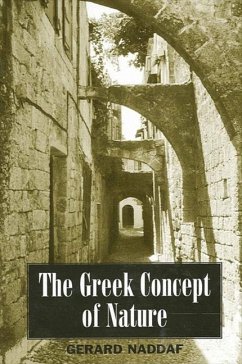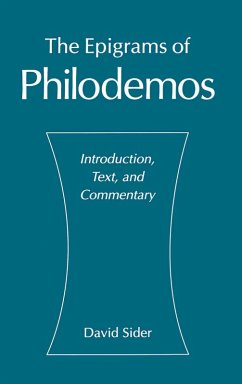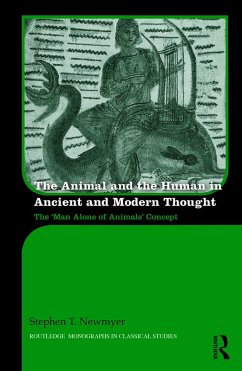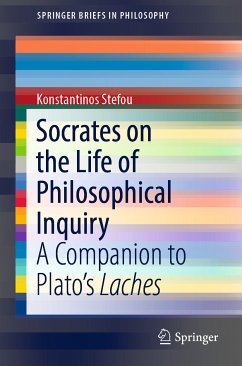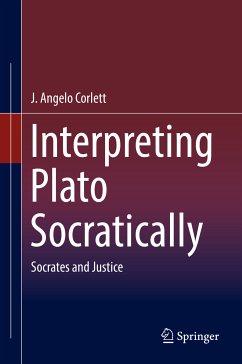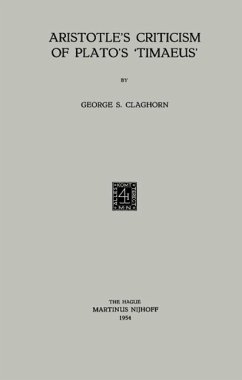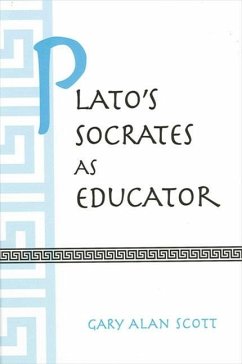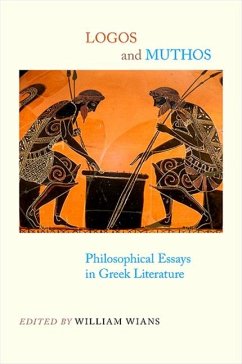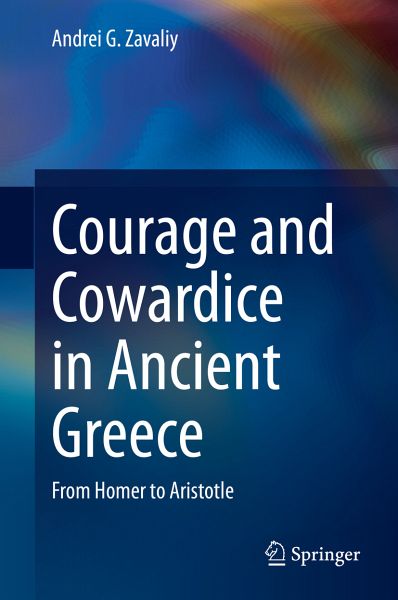
Courage and Cowardice in Ancient Greece (eBook, PDF)
From Homer to Aristotle
Versandkostenfrei!
Sofort per Download lieferbar
80,95 €
inkl. MwSt.
Weitere Ausgaben:

PAYBACK Punkte
40 °P sammeln!
The book offers the first comprehensive account of the debate on true courage as it was raging in ancient Greece, from the times when the immensely influential Homeric epics, the Iliad and the Odyssey, were composed, to the period of the equally influential author, Aristotle. The many voices that contribute to this debate include poets, authors of ancient dramas and comedies, historians, politicians and philosophers. The book traces the origin of the earliest ideal of a courageous hero in the epic poems of Homer (8th century BCE), and faithfully records its transformations in later authors, wh...
The book offers the first comprehensive account of the debate on true courage as it was raging in ancient Greece, from the times when the immensely influential Homeric epics, the Iliad and the Odyssey, were composed, to the period of the equally influential author, Aristotle. The many voices that contribute to this debate include poets, authors of ancient dramas and comedies, historians, politicians and philosophers. The book traces the origin of the earliest ideal of a courageous hero in the epic poems of Homer (8th century BCE), and faithfully records its transformations in later authors, which range from an emphatic denial of the Homeric standards of courage (as in comedies of Aristophanes and some Dialogues of Plato) to the strong revisionist tendencies of Aristotle, who attempts to restore genuine courage to its traditional place as an exclusively martial, male virtue.
Without attempting to cover the whole of the Western history, the book is able to explore the most important primary Greek sources on the subject matter in greater details, and provide the reader with a comprehensive picture of the changes in both popular and philosophical conceptualizations of the standards of courage from the Archaic period to the middle of the 4th century BCE. A deeper understanding of the history of the debate on courage should help to shape the modern discussions as well, as it becomes obvious that many of the questions on courage and cowardice that are still raised by the contemporary authors from different fields, have been thoroughly considered during the early stages of Greek culture.
The book seeks to undermine a common stereotype of a single, unified view on courage and cowardice in Ancient Greece and shows that the current debates on what constitutes genuine courageous character can be traced to the various direct and indirect discussions on this subject matter by the ancient authorities.
Without attempting to cover the whole of the Western history, the book is able to explore the most important primary Greek sources on the subject matter in greater details, and provide the reader with a comprehensive picture of the changes in both popular and philosophical conceptualizations of the standards of courage from the Archaic period to the middle of the 4th century BCE. A deeper understanding of the history of the debate on courage should help to shape the modern discussions as well, as it becomes obvious that many of the questions on courage and cowardice that are still raised by the contemporary authors from different fields, have been thoroughly considered during the early stages of Greek culture.
The book seeks to undermine a common stereotype of a single, unified view on courage and cowardice in Ancient Greece and shows that the current debates on what constitutes genuine courageous character can be traced to the various direct and indirect discussions on this subject matter by the ancient authorities.
Dieser Download kann aus rechtlichen Gründen nur mit Rechnungsadresse in A, B, BG, CY, CZ, D, DK, EW, E, FIN, F, GR, HR, H, IRL, I, LT, L, LR, M, NL, PL, P, R, S, SLO, SK ausgeliefert werden.



